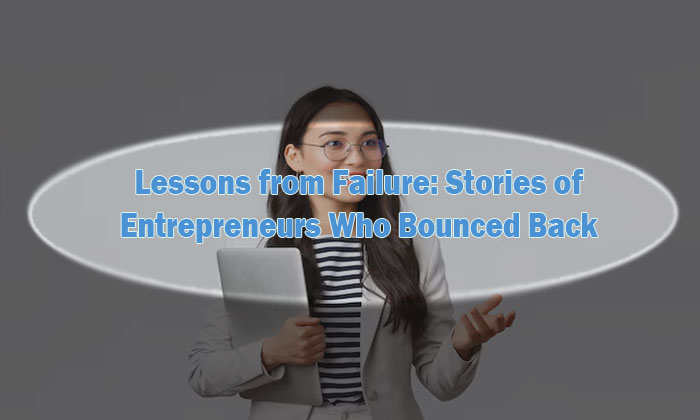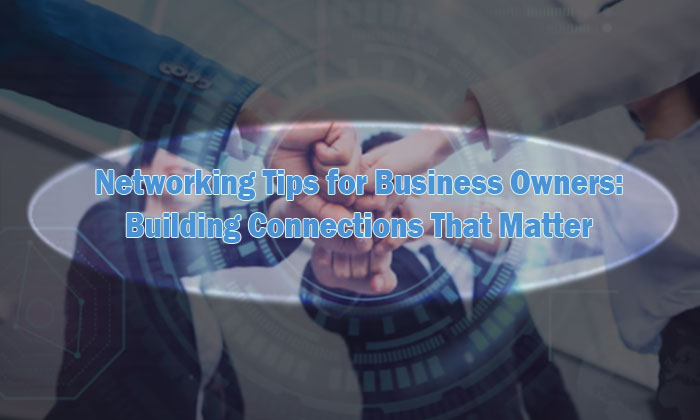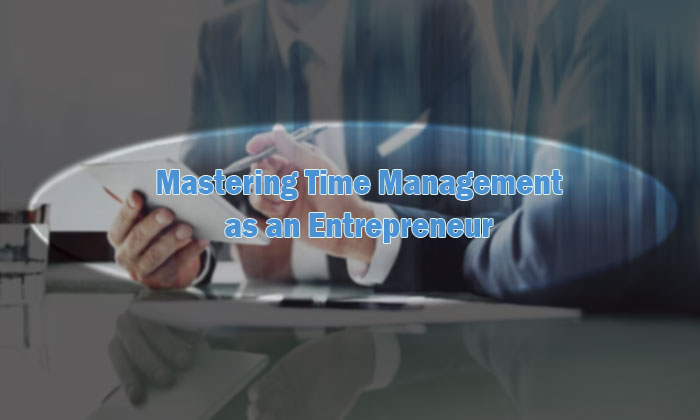
Failure is often viewed as the ultimate setback, but for many successful entrepreneurs, it is just a stepping stone on the road to eventual triumph. Some of the most well-known business leaders faced significant challenges, setbacks, and outright failures before finding success. Their stories offer valuable lessons in resilience, determination, and the importance of learning from mistakes. In this article, we will explore stories of entrepreneurs who bounced back from failure, highlighting the key lessons that aspiring business owners can apply to their own ventures.
1. Steve Jobs: From Fired to Rehired
Steve Jobs, the co-founder of Apple, is often seen as the epitome of entrepreneurial success. However, his journey was not without significant setbacks. In 1985, Jobs was ousted from Apple, the company he had founded, following a power struggle with the board of directors. His departure was a huge failure, both personally and professionally.
The Comeback: Instead of giving up, Jobs went on to found NeXT, a computer company aimed at high-end businesses and educational institutions. While NeXT did not become a massive commercial success, it provided Jobs with valuable experience. In 1996, Apple acquired NeXT for $429 million, which led to Jobs’ return to the company. Under his leadership, Apple transformed into one of the most valuable companies in the world, introducing revolutionary products such as the iPod, iPhone, and iPad.
Key Lessons:
- Failure Can Be a Catalyst for Growth: Jobs used his ousting from Apple as a chance to refine his leadership skills and explore new business ideas.
- Embrace Setbacks as Learning Opportunities: Jobs viewed his failures as lessons that made him a better entrepreneur. His experience with NeXT gave him the insight needed to revolutionize Apple.
- Never Give Up on Your Vision: Despite being fired from Apple, Jobs remained determined to change the world with his innovative ideas.
2. Walt Disney: Fired for Lack of Imagination
Walt Disney is now a household name, synonymous with creativity and entertainment. However, his early career was marked by failure and rejection. In the 1920s, Disney was fired from a newspaper job for “lack of imagination” and was told he “had no good ideas.”
The Comeback: Disney didn’t let this failure define him. He went on to create the first full-length animated film, Snow White and the Seven Dwarfs, which was a massive success. From there, Disney expanded into theme parks, television, and a media empire that continues to thrive today.
Key Lessons:
- Resilience in the Face of Rejection: Walt Disney’s ability to turn rejection into motivation helped him build a global brand.
- Creativity is Key to Success: Even after facing rejection, Disney remained steadfast in his belief that his creative ideas could change the world.
- Failure Doesn’t Define Your Potential: One setback doesn’t determine your future. Disney’s firing was just the beginning of a legendary career.
3. Richard Branson: Virgin Records and the Airline Gamble
Richard Branson, the founder of the Virgin Group, has experienced many entrepreneurial failures throughout his career. One of the most notable setbacks came in the early days of Virgin Records. In 1973, Virgin’s first record label faced financial difficulty, and they were on the verge of bankruptcy after signing a disastrous deal with a band that failed to sell albums. This could have been the end of Branson’s music venture.
The Comeback: Branson didn’t give up. He took a gamble by signing the Sex Pistols, a punk rock band that was considered too controversial for mainstream radio. Despite the risks, the move paid off, and Virgin Records became a success. Later, Branson diversified his empire into areas like Virgin Airlines, Virgin Galactic, and many others, all while weathering financial storms and business challenges.
Key Lessons:
- Risk-Taking Can Lead to Big Rewards: Branson’s willingness to take calculated risks and embrace unconventional ideas helped him turn a failing record label into a major success.
- Persistence Pays Off: Even after financial setbacks, Branson continued to invest in his vision and sought out new opportunities.
- Diversification Is Crucial: Branson expanded his brand into various industries, which helped him weather failures in one area while succeeding in another.
Also read other business articles on Destyless:
- How to Identify Profitable Business Opportunities
- Scaling Your Business: Strategies for Growth
- The Art of Creating a Successful Business Plan
4. Oprah Winfrey: Overcoming Early Struggles
Oprah Winfrey’s rise to fame and fortune is inspiring, but her early life was far from easy. She faced poverty, abuse, and personal struggles. Winfrey’s early career in television was marked by failure, with her first major TV job in Baltimore ending abruptly after just a year. She was even told that she wasn’t fit for TV and was “too emotional.”
The Comeback: Instead of being discouraged, Oprah moved to Chicago and became the host of a low-rated morning talk show, AM Chicago. Within months, the show’s ratings skyrocketed, and it was rebranded as The Oprah Winfrey Show. Oprah’s ability to connect with her audience made her one of the most influential media personalities of all time, ultimately leading to a multi-billion-dollar media empire.
Key Lessons:
- Embrace Your Uniqueness: Oprah’s emotional style, once seen as a weakness, became one of her greatest strengths and helped her connect with viewers.
- Perseverance Through Tough Times: Oprah’s early career rejections could have easily derailed her, but she persevered and found a path to success.
- Success Is Built on Overcoming Adversity: Oprah’s journey is a testament to how challenges can be overcome with resilience, passion, and hard work.
5. Jack Ma: From Rejection to Global Success
Jack Ma, the founder of Alibaba, faced multiple rejections and setbacks early in his career. Ma applied for over 30 jobs and was rejected from each one, including a position at KFC. He also failed his entrance exams twice before finally being accepted to university.
The Comeback: Ma’s vision for the future of e-commerce and technology in China led him to found Alibaba in 1999. Despite facing numerous challenges, including the skepticism of investors and limited resources, Ma grew Alibaba into one of the largest e-commerce companies in the world, with a market value in the hundreds of billions.
Key Lessons:
- Rejection Is Not the End: Jack Ma’s relentless optimism and belief in his vision kept him moving forward despite numerous rejections.
- Learn From Failure: Ma saw each rejection as an opportunity to learn and improve, rather than a permanent obstacle.
- Long-Term Vision Is Key: Ma’s vision for the future of e-commerce and the internet kept him focused, even when things seemed uncertain.
Conclusion: The Power of Resilience
The stories of Steve Jobs, Walt Disney, Richard Branson, Oprah Winfrey, and Jack Ma demonstrate that failure is not the end — it is often the beginning of something greater. Each of these entrepreneurs faced significant setbacks, but their ability to persevere, learn from their mistakes, and remain focused on their vision allowed them to bounce back stronger than before.
For aspiring entrepreneurs, these stories offer invaluable lessons:
- Failure is a part of the journey, not the end.
- Resilience and adaptability are crucial to long-term success.
- Learning from mistakes and rejections can lead to better opportunities.
- Staying true to your vision and passion will help you overcome obstacles.
By embracing failure as a learning experience, you can unlock your own potential to turn setbacks into comebacks and build a successful business, just like these entrepreneurial giants.






